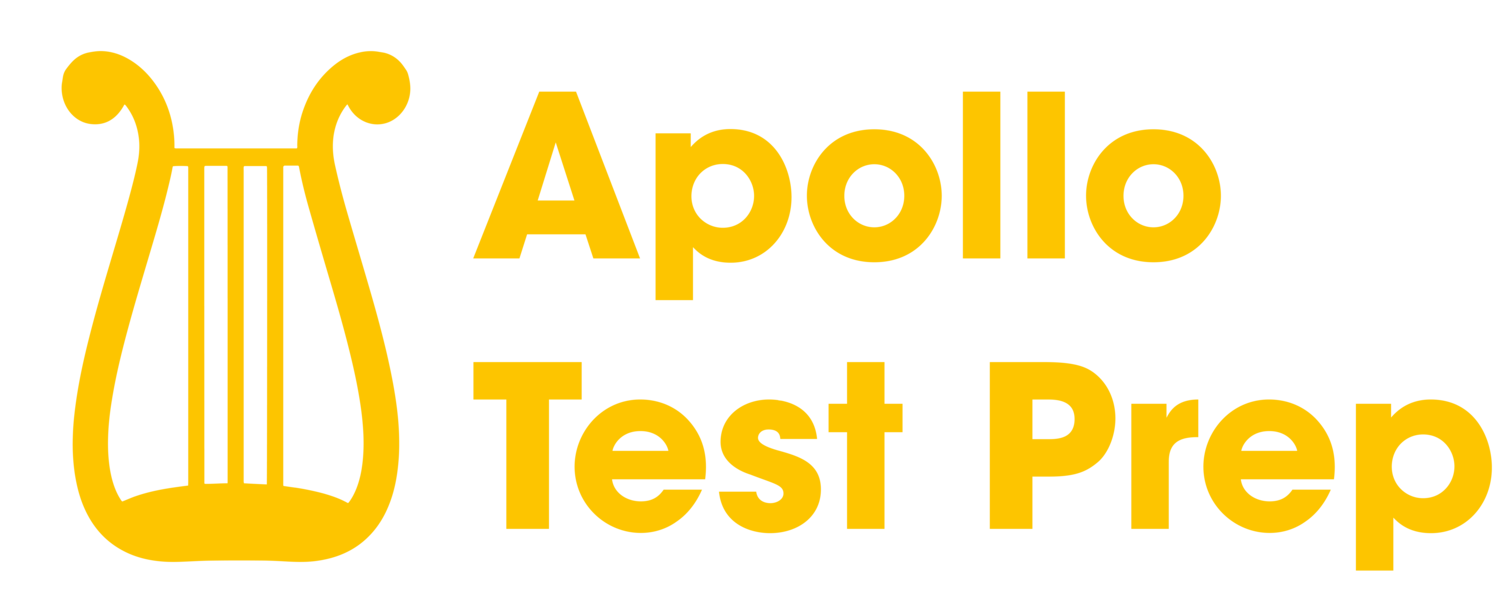LSAT Explanation PT 31, S3, Q3: David: Forbidding companies from hiring permanent
LSAT Question Stem
Which one of the following statements is most strongly supported by the exchange between David and Lin?
Logical Reasoning Question Type
This is a Disagree question.
Correct Answer
The correct answer to this question is C.
LSAT Question Complete Explanation
In this LSAT problem, we have an exchange between David and Lin discussing the fairness of forbidding companies from hiring permanent replacements for striking employees and its impact on the companies' leverage in negotiations.
Argument Structure:
David:
1. Premise: Forbidding companies from hiring permanent replacements for striking employees would lead to companies having little leverage in negotiations.
2. Conclusion: It would be profoundly unfair.
Lin:
1. Counter-premise: Companies would still have sufficient leverage in negotiations if they hired temporary replacements.
The question type is "Disagree," and we are asked to identify the statement that is most strongly supported by the exchange between David and Lin.
Let's analyze each answer choice:
a) David does not believe that the freedom to hire temporary replacements gives companies any leverage in their negotiations with strikers.
- This choice is incorrect because David does not mention anything about temporary replacements. His argument is focused on the impact of not being able to hire permanent replacements.
b) David and Lin believe that companies should be allowed as much leverage in negotiations as the striking employees.
- This choice is not supported by the passage. Neither David nor Lin mentions the amount of leverage striking employees should have or whether it should be equal to the companies' leverage.
c) David and Lin disagree over the amount of leverage companies lose in their negotiations with strikers by not being able to hire permanent replacements.
- This choice is correct. David argues that companies would have little leverage if they cannot hire permanent replacements, while Lin counters that companies would still have sufficient leverage if they hired temporary replacements. They disagree on the impact of not being able to hire permanent replacements on the companies' leverage.
d) David and Lin disagree over how much leverage should be accorded companies in their negotiations with strikers.
- This choice is incorrect because Lin does not express an opinion on how much leverage companies should have. Lin only discusses the amount of leverage companies would have if they hired temporary replacements.
e) Lin believes it is unfair to forbid companies from hiring permanent replacements for their striking employees.
- This choice is incorrect because Lin does not express an opinion on the fairness of forbidding companies from hiring permanent replacements. Lin's argument is focused on the amount of leverage companies would have if they hired temporary replacements.
The correct answer is C, as it accurately captures the disagreement between David and Lin over the amount of leverage companies lose in negotiations when they cannot hire permanent replacements.
